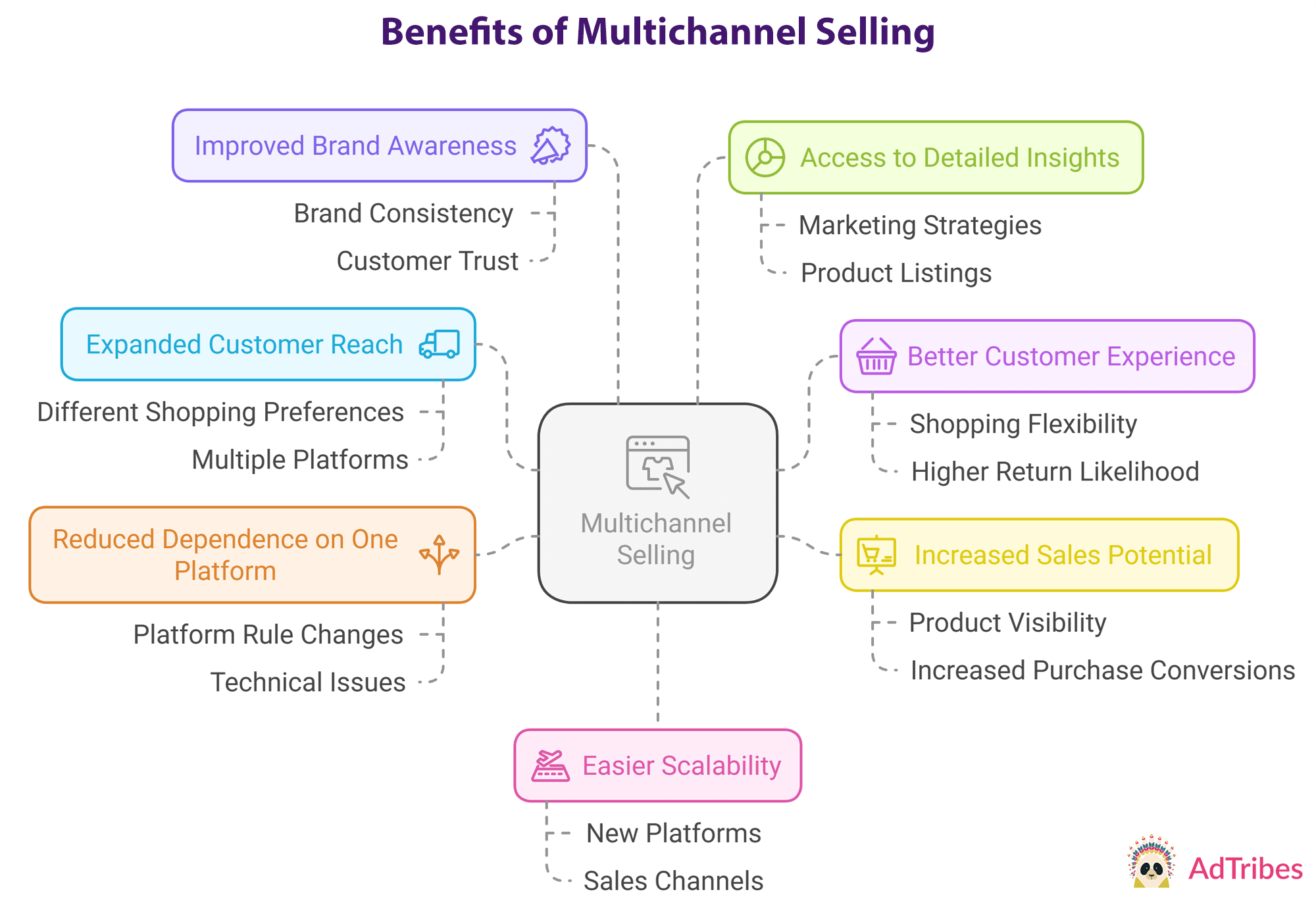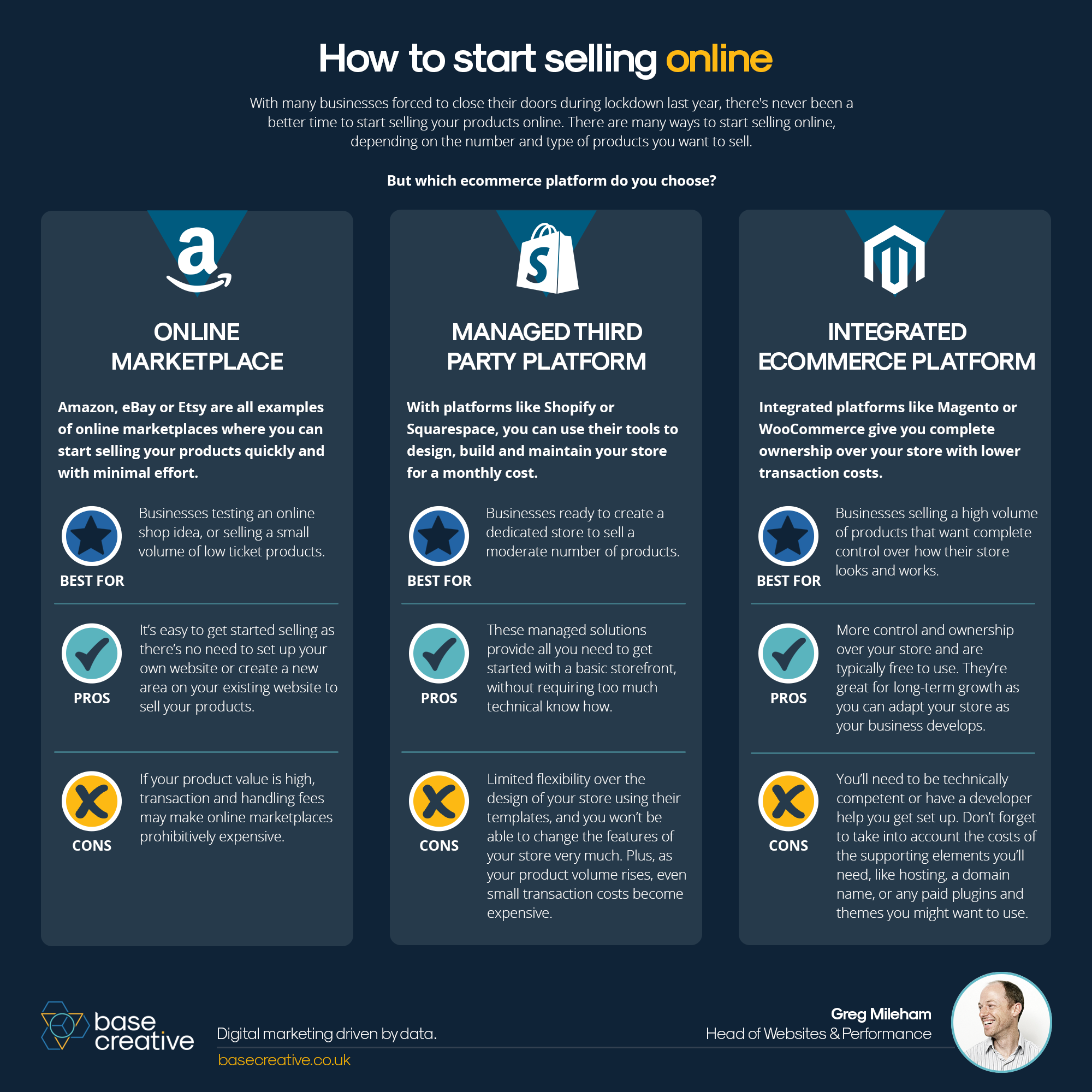TABLE OF CONTENTS
"I Knew My Store Could Do Better...
But I Didn't Know How"
That's what one of our clients, Jessica, told us. She was running a small mug store on WooCommerce—sales were okay, but stuck.
Until she discovered personalization.
Until she discovered Cmsmart.
Fast-forward 30 days:
- ✅ Her store was redesigned with AI product options
- ✅ Customers could design their own mugs with 3D preview
- ✅ AOV jumped by 42% — and she finally felt in control
Want to learn how she did it (and how you can too)?
🎓 Join our FREE 30-Day Email Course:
"Personalize, Launch & Scale – The Smart Ecommerce Way"
You'll get:
- ✔ 1 lesson a day, straight to your inbox
- ✔ Real store examples, demos & playbooks
- ✔ No tech jargon. Just strategy that works.
Join thousands of store owners learning how to scale smarter.
🎉 You're In! Thank You!
We've received your information and you're now part of our smart ecommerce journey.
Please check your inbox – your first email from the 30-Day Course is on its way!
📩 Didn't see it? Check your spam or promotions tab and mark us as safe.
We're excited to help you personalize, launch, and scale your store – the smart way.
TABLE OF CONTENTS
Related Post
Imagine a world where your products are just a click away for customers, regardless of where they choose to shop. According to a recent report by Statista, a staggering...
Did you know that eCommerce sales are projected to reach a staggering $8 trillion by 2027? In a world where high transaction fees and limited flexibility can cripple potential...
Introduction: The Power of Custom Stickers for SMEs In today’s dynamic ecommerce landscape, custom stickers have emerged as a powerful tool for small and medium-sized enterprises (SMEs) to stand out,...
Other Usefull Contents
You can see many success stories from our customers, and you may be one of them in the future












It's not hard to see that customer relationship management is a really important subject for any business. Customers are the ones who bring in revenue for the business, good customer relationship management will help the business grow more and more. Previously, customer care, customer interaction and back-end activities were all performed by humans. However, with the development of technology, the CRM platform has contributed to promoting CRM to a new era. Not only collecting data, but CRM software can also support businesses to perform many interactive activities with customers.
Of course, customer relationship management cannot be based on just one platform. You need a long-term strategy for this activity. However, ecommerce CRM software will greatly assist you in managing customer relationships. So what is the Ecommerce CRM software, and what can it support for businesses,... all your questions will be answered shortly.
What is CRM Ecommerce Software?
E-commerce CRM (Customer Relationship Management) software is a system designed specifically to help online businesses manage their customer interactions and data throughout the customer lifecycle, with the goal of improving business relationships with customers, assisting in customer retention, and driving sales growth.
This type of software can include features such as customer segmentation, customer data management, email marketing, order management, and analysis and reporting tools. E-commerce CRM systems can be used to manage interactions with customers through various channels such as email, social media, and live chat.
By using E-commerce CRM software, businesses can gain valuable insights into their customers' behavior and preferences, which can be used to tailor marketing and sales efforts, improve the customer experience, and ultimately increase customer loyalty and revenue.
How does CRM software work? You will find the answer in this video.
Different E-commerce CRM Software vs. Standard CRM Software
The use of Customer Relationship Management software has become increasingly popular among businesses of all sizes and industries. However, there are different types of CRM software available, including E-commerce CRM software and standard CRM software. Both types of CRM software have their own unique features and capabilities, and businesses must determine which type of software is best suited to their needs.
Standard CRM software is designed to manage customer relationships across all channels and touchpoints, including sales, marketing, customer service, and support. It provides businesses with a centralized view of customer interactions and data, enabling them to better understand and manage their customer relationships. Standard CRM software typically includes features such as contact management, lead management, opportunity management, and customer data analysis. It is suitable for businesses of all sizes and industries and can be used to manage customer relationships across a variety of business functions.
E-commerce CRM software, on the other hand, is specifically designed to manage customer relationships for businesses that sell products and services online. It provides businesses with a comprehensive view of customer interactions, transactions, and behavior on their website and other online channels. E-commerce CRM software typically includes features such as website analytics, abandoned cart recovery, customer segmentation, and personalized product recommendations. It is ideal for businesses that sell products online, as it enables them to understand and manage their customer relationships in the context of the online shopping experience.
Type of data
One of the key differences between E-commerce CRM software and standard CRM software is the type of data they capture and analyze. E-commerce CRM software focuses on capturing and analyzing data related to the online shopping experience, such as website traffic, product views, and customer behavior on the website. This data can then be used to personalize the shopping experience for customers, recommend products, and improve customer engagement. Standard CRM software, on the other hand, captures and analyzes data related to all customer interactions, including sales, marketing, customer service, and support.
Type of marketing automation
Another difference between E-commerce CRM software and standard CRM software is the type of marketing automation they offer. E-commerce CRM software typically includes marketing automation features specifically designed for the online shopping experience, such as abandoned cart recovery, email marketing, and personalized product recommendations. Standard CRM software, on the other hand, includes marketing automation features that can be used across all customer interactions, including email marketing, lead nurturing, and customer segmentation.
Scalability
In terms of scalability, both E-commerce CRM software and standard CRM software can be suitable for businesses of all sizes. However, E-commerce CRM software is generally more scalable for businesses that sell products online, as it can easily accommodate the growth in online sales and customer interactions. Standard CRM software is generally more scalable for businesses that interact with customers across a variety of channels, as it can accommodate growth in customer interactions and data across all business functions.
Cost
Both E-commerce CRM software and standard CRM software can be expensive, depending on the features and capabilities required by the business. E-commerce CRM software can be more expensive for businesses that sell products online, as it requires additional features and capabilities specific to the online shopping experience. Standard CRM software, on the other hand, can be more expensive for businesses that interact with customers across a variety of channels, as it requires a more comprehensive suite of features and capabilities.
In conclusion, the choice between E-commerce CRM software and standard CRM software depends on the specific needs and requirements of the business. E-commerce CRM software is ideal for businesses that sell products online, as it provides a comprehensive view of customer interactions and transactions in the context of the online shopping experience.
The Importance of CRM for E-commerce Websites
Customer Relationship Management has become an integral part of businesses in the e-commerce industry. It's a set of strategies, practices, and technologies that enable companies to manage and analyze customer interactions and data throughout the customer lifecycle. The main goal of CRM is to improve customer satisfaction, loyalty, and advocacy while also increasing profitability.
Better organizes your database
With an ecommerce CRM system in place, businesses can store all customer data in one centralized location, making it easier to access, manage and analyze. This means that customer information can be easily retrieved and used for various purposes, such as personalizing communications and targeting marketing campaigns. Furthermore, having a well-organized database can help reduce the risk of duplicate entries, errors, and inconsistencies, improving data accuracy and reliability.
Makes your team more effective
CRM for e-commerce sites can make your team more effective. By having access to all customer information in one place, your sales and customer service teams can respond to customer inquiries and requests much more quickly and efficiently. This not only enhances the customer experience but also helps to build trust and confidence in your brand. Additionally, having a centralized database enables your team to track and monitor customer interactions, which can help to identify trends and patterns in customer behavior.
Enhances relationships with your customers
CRM also enhances relationships with your customers by providing a more personalized experience. Accessing a customer's purchase history, preferences, and behavior allows you to tailor your communications and offerings to meet their specific needs and interests. This can be done through targeted email campaigns, personalized product recommendations, and even customized promotions and discounts. Furthermore, by tracking and analyzing customer interactions, you can identify opportunities to improve customer satisfaction and loyalty.
Boosts your marketing efforts
In addition to enhancing relationships with customers, CRM can also boost your marketing efforts. With a CRM system in place, you can analyze customer data to better understand your target audience, their needs and preferences, and their behavior. This information can then be used to create more effective marketing campaigns that are tailored to your customers. For example, you can use data insights to segment your audience and target specific groups with tailored communications and promotions. Additionally, you can use data analysis to identify and track the success of your marketing efforts, making it easier to make informed decisions about future campaigns.
Helps with lead generation and lead conversion
CRM can also help with lead generation and lead conversion. By having access to data on customer behavior and preferences, you can identify potential customers and target them with relevant communications and promotions. This can help to increase the chances of converting these leads into paying customers. Additionally, by tracking the progress of leads through the sales funnel, you can identify opportunities to improve lead conversion rates and optimize your sales process.
Improves your email marketing campaign
Finally, CRM can improve your email marketing campaign. By having access to customer data, you can personalize your emails to each individual recipient. This can help to increase open rates, engagement, and conversions. Additionally, by tracking the success of your email campaigns, you can identify which emails are performing well and make improvements to those that are not. Furthermore, by automating certain aspects of your email marketing campaign, such as sending follow-up emails based on customer behavior, you can save time and improve the efficiency of your marketing efforts.
In conclusion, CRM is a critical component for success in the e-commerce industry. It helps to better organize your database, makes your team more effective, enhances relationships with your customers, boosts your marketing efforts, helps with lead generation and lead conversion, and improves your email marketing campaign. By investing in a CRM system, e-commerce businesses can gain a competitive advantage and achieve long-term success.
Refer to Top 5 Ecommerce CRM Software in 2023
Weakness of CRM Integration
Can minimize the human element
The integration of Customer Relationship Management solutions can have both advantages and disadvantages for businesses. One of the main weaknesses of CRM integration is that it can minimize the human element. CRM systems are designed to automate and streamline various processes, such as customer interactions, data management, and marketing campaigns. While this can be beneficial in terms of efficiency and cost-effectiveness, it can also lead to a decrease in the personal touch that customers expect from businesses. For example, automated responses to customer inquiries or generic marketing campaigns can be perceived as impersonal, which can negatively impact customer satisfaction and loyalty.
Raise some security concerns
CRM integration may raise some security concerns. As with any technology that stores sensitive customer data, there is a risk of data breaches and cyber-attacks. This can result in the loss or theft of valuable customer information, which can have severe consequences for businesses, including financial losses, loss of customer trust, and reputational damage. Furthermore, businesses must comply with various data protection regulations, such as the General Data Protection Regulation (GDPR) in Europe, which can add an additional layer of complexity and cost to CRM integration.
Requires employee training
CRM software can be complex and require a certain level of technical competence to use effectively. As a result, employees must be trained on how to use the system and work with the data it generates. This can be time-consuming and expensive, and it can also disrupt the daily operations of the business. Moreover, employees must be motivated and engaged to use the system effectively, as failure to do so can lead to incorrect data being recorded and stored, which can negatively impact the accuracy and reliability of the data in the CRM system.
Difficult and time-consuming
Implementing a CRM solution requires a significant investment of time and resources, including data migration, system configuration, and testing. Furthermore, integrating the CRM system with other existing systems, such as the company's website, email platform, and payment gateway can also be challenging. This can lead to unexpected problems and delays, which can impact the business's ability to achieve its goals and objectives.
Cost
CRM systems can be complex and require specialized skills to implement, which can add to the cost of integration. In addtiontion the cost of purchasing and implementing a CRM system can be substantial, especially for small and medium-sized businesses. Additionally, the cost of ongoing maintenance and support, as well as the cost of upgrading the system to meet changing business needs, can also be significant.
CRM integration has several weaknesses that businesses must be aware of. It can minimize the human element, raise security concerns, require employee training, be difficult and time-consuming, and be expensive. These challenges can negatively impact the success of CRM integration and limit the benefits that businesses can reap from the technology. Businesses must carefully consider these challenges and weigh the potential benefits against the costs when deciding whether to implement a CRM system. Additionally, businesses must choose a CRM system that fits their specific needs and requirements, and work closely with vendors and partners to ensure a smooth and successful implementation.
Conclusion
In conclusion, implementing ecommerce CRM software is essential for any online business looking to grow and succeed. By allowing businesses to gather and analyze customer data, automate marketing campaigns, and provide personalized customer experiences, CRM software can increase customer loyalty and revenue.
One such ecommerce CRM software solution is CMSmart's Ecommerce CRM Software. With features such as order management, customer segmentation, and email marketing automation, this software helps businesses manage their online store and customer relationships more efficiently. Additionally, its ability to integrate with popular ecommerce platforms such as Magento and WooCommerce makes it a versatile and valuable tool for any online business. With CMSmart's Ecommerce CRM Software, businesses can streamline their operations and improve their customer interactions, ultimately leading to increased sales and success in the competitive ecommerce market.
The CMSmart team is always ready to support you when you have any problems related to the website. Contact us for a free consultation.
Best Regards,